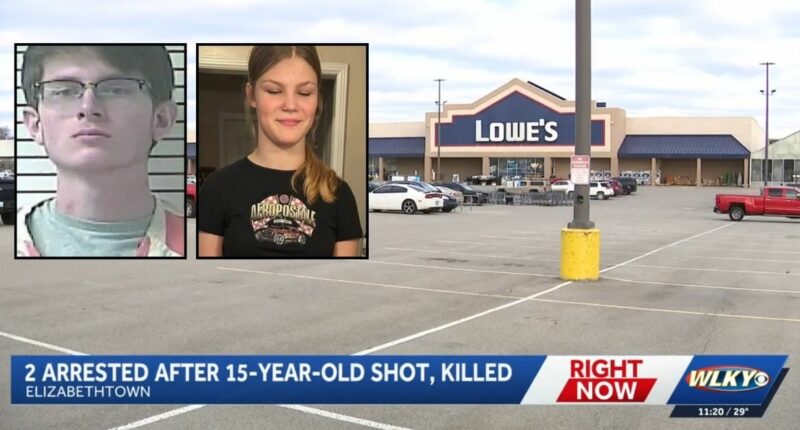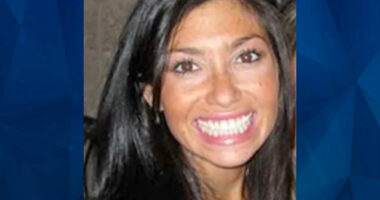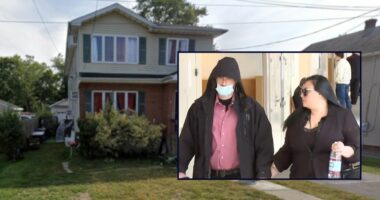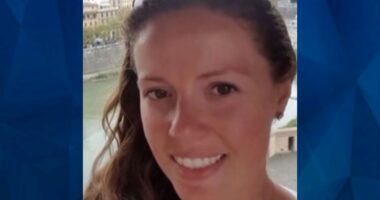Share this @internewscast.com

Background: News footage of the Lowe’s store in Elizabethtown, Ky., where Katen Atwell was shot and killed on Jan. 11 (WLKY). Inset (left): Bryan Harbison (Hardin County Detention Center). Inset (right): Katen Atwell (GoFundMe).
Authorities have arrested a 15-year-old girl and 21-year-old Bryan Harbison in connection with the shooting death of 15-year-old Katen Atwell. The Elizabethtown Police Department reported responding to the scene around 2:30 a.m. after receiving a 911 call about a shooting in the parking lot of a Lowe’s store in Elizabethtown, according to a Facebook post.
Upon their arrival, officers found Harbison performing CPR on Atwell. Despite being rushed to the hospital, Atwell was pronounced dead, as reported by local news outlets.
Police investigations revealed that Harbison had connected with the girls through Snapchat and arranged to meet them with the intention of providing alcohol. He claimed to police that he believed both girls were of legal age, stating they had told him they were 18. The group decided to gather at the Lowe’s parking lot to drink.
The 15-year-old girl, who was driving the truck, confessed to police that she fired the shot that killed Atwell. She explained that while Atwell and Harbison were seated in the back, she picked up a gun from the truck’s center console. Thinking the gun was unloaded, she pointed it at Atwell and pulled the trigger, resulting in a fatal chest wound.
The teenage suspect told police that while she was behind the wheel of the truck, Atwell and Harbison were in the back. She admitted to police that she was the one who fired the fatal shot at Atwell. She said she picked up the gun on the truck’s center console and, believing it was not loaded, pointed it at Atwell and pulled the trigger, hitting Atwell in the chest.
Police said Harbison provided a different story, telling them that the gun was “secured in his glove compartment” and the teen picked it up without him knowing.
The teen was charged with murder. Her name was not released due to her age.
Harbison was charged with unlawful transaction with a minor and reckless endangerment. He is currently in custody at the Hardin County Detention Center, where he is being held on a $10,000 bond. His next court appearance is scheduled for Jan. 21.
















